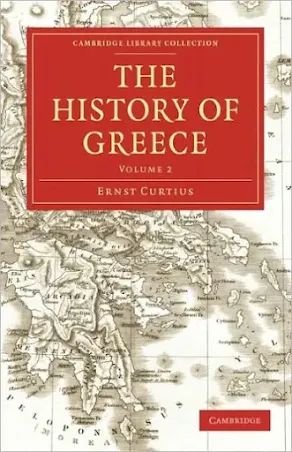Alexander the Great (Routledge: Lancaster Pamphlet, 1997; second edition 2004. There is
also a Portuguese edition and editions in both standard and simplified Chinese)
Quote:
The world he [Alexander] left behind him, split as it quickly was between several successor-kings, retained the Greek language as its medium of communication and Greek culture as its frame of reference.
“Alexander
the Great” By Richard Stoneman,page 1
Quote:
When, as a young, ambitious and romantic youth with a genius for military strategy and tactics, he embarked on the conquest of the Persian empire, he may have had no more in mid than the setting to rights of the perceived age-old wrong inflicted by the Persians on the Greeks.
“Alexander
the Great” By Richard Stoneman, page 2
Quote
In favour of the Greek identity of the Macedonians is what we know of their language: the place-names, names of the months and many of the personal names, especially royal names, which are Greek in roots and form.This suggests that they did not merely use Greek as a lingua franca, but spoke it as natives (though with a local accent which turned Philip into Bilip, for example).
The
Macedonians’ own traditions derived their royal house from one Argeas, son of
Macedon, son of Zeus, and asserted that a new dynasty, the Temenids, had its
origin in the sixth century from emigrants from Argos in Greece, the first of
these kings being Perdiccas. This tradition became a most important part of the
cultural identity of Macedon.
It enabled
Alexander I (d.452) to compete at the Olympic Games (which only true Hellenes
were allowed to do); and it was embedded in the policy of Archelaus (d.399) who
invited Euripides from Athens to his court, where Euripides wrote not only the
Bacchae but also a lost play called Archelaus. (Socrates was also invited, but
declined.)
“Alexander
the Great” By Richard Stoneman, page 14





















